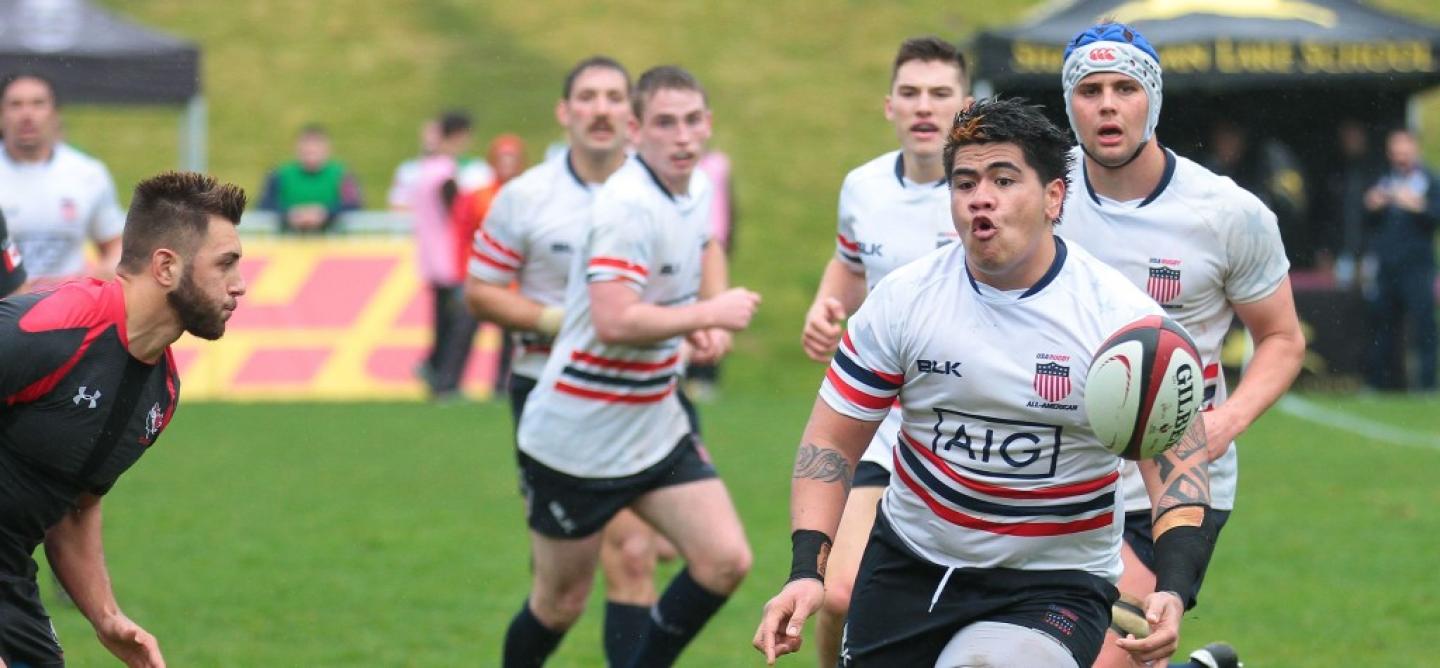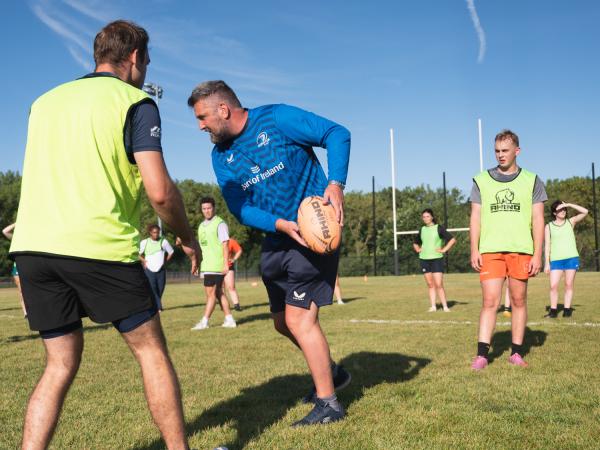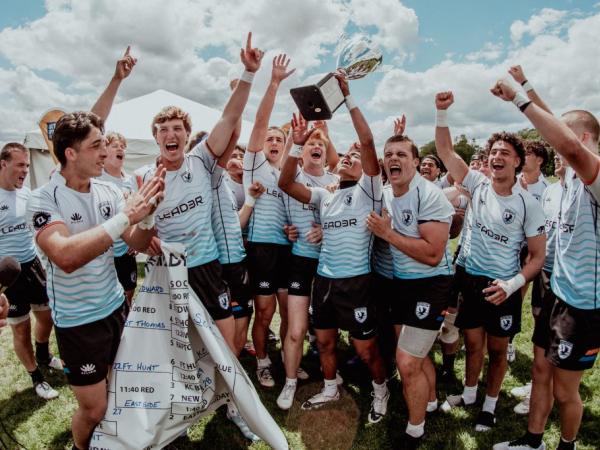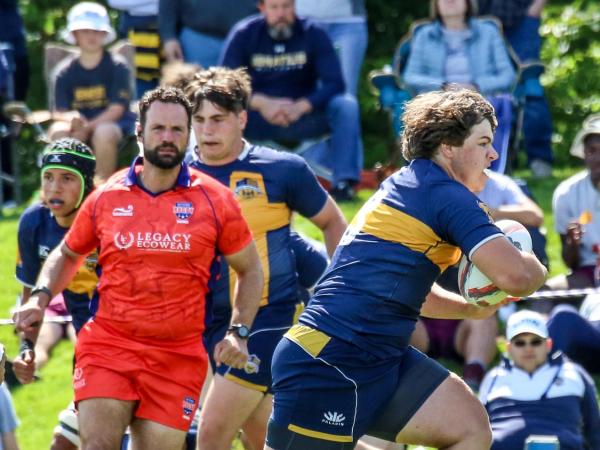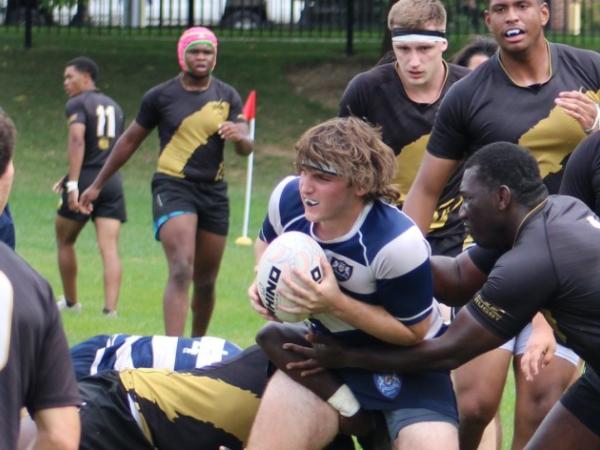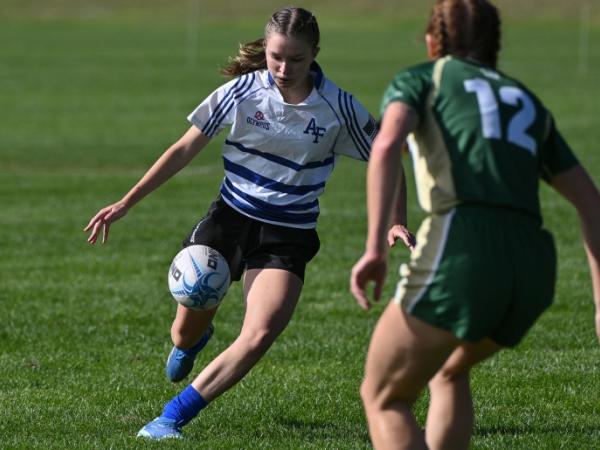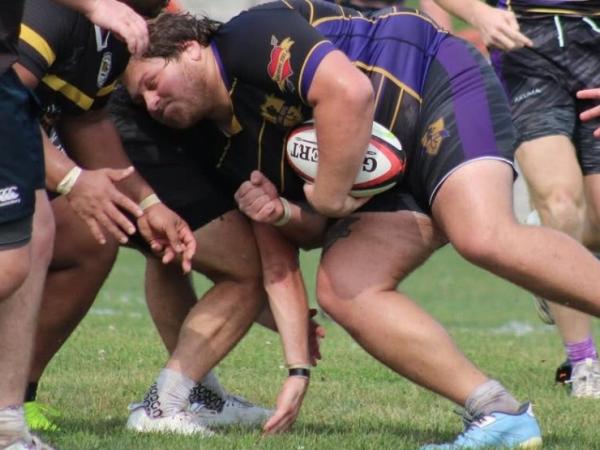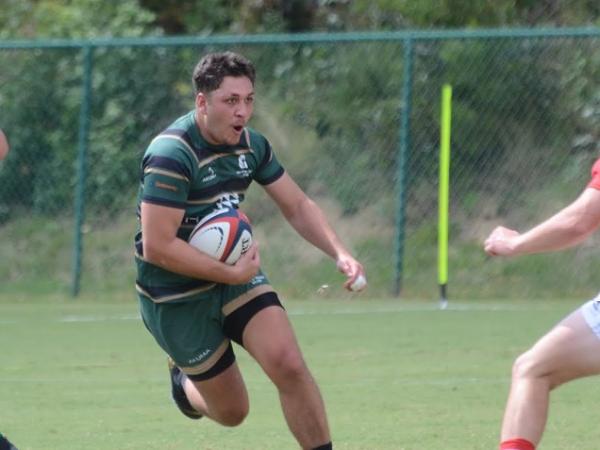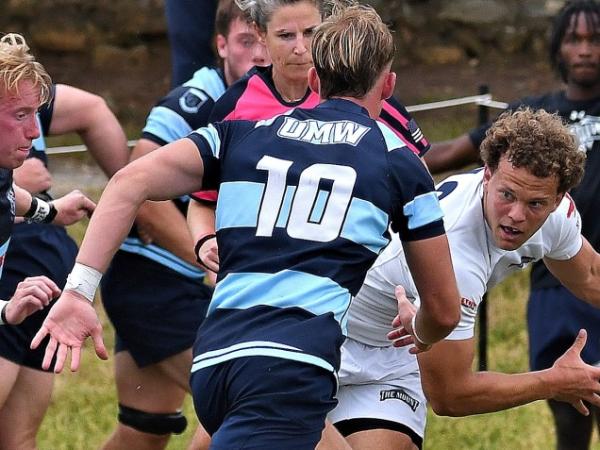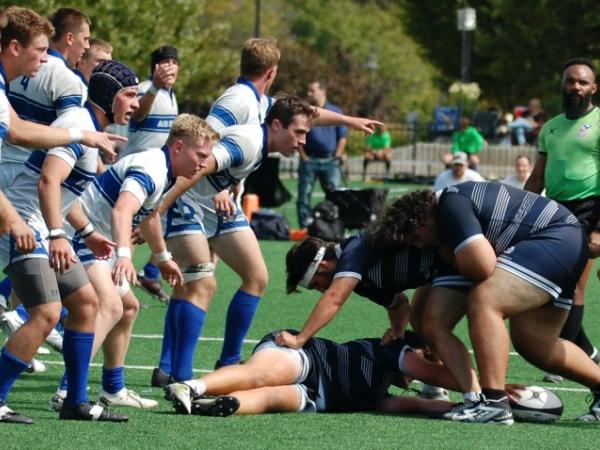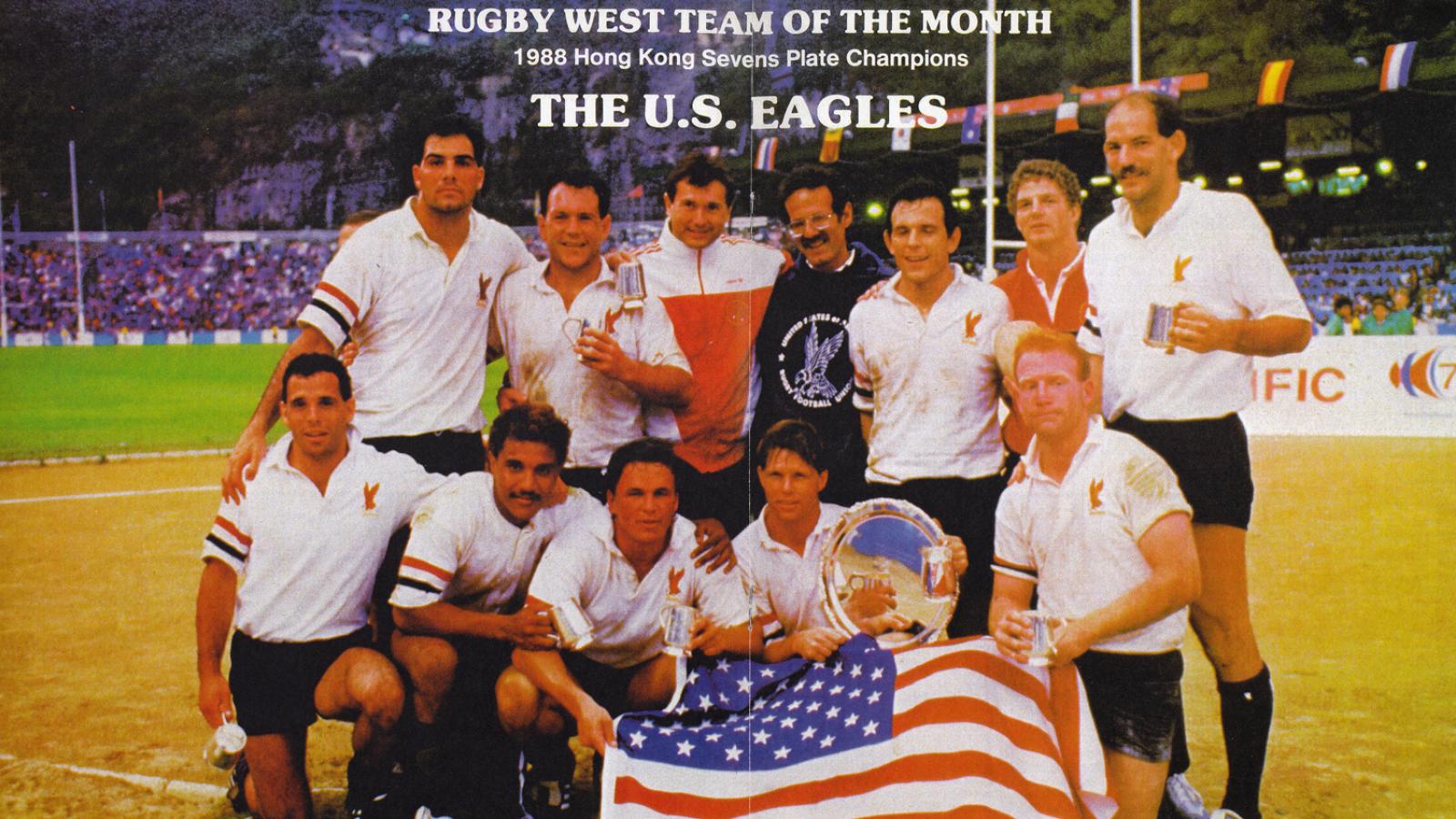With Scott Lawrence back in charge of the USA U20 (aka Junior All American) program, things can get started again.
One of the biggest problems for the U20 program since Lawrence left the program was that the new head coach in each of the last three years was named late in the year. That meant that no work was done recruiting players and coaches to the next season’s plan, and as a result the preparation and talent pool was suspect. In the end, the results were up and down. In 2013 the U20s finished last in the Junior World Championship (after being promoted to the JWC by wining the Junior World Rugby Trophy under Lawrence the year before), an expected result made all the worse by a late start.
In 2014 they finished 3rd in the Junior World Rugby Trophy (having been relegated back down again), but then another coaching shift made for another late start, and a two-game loss to Canada that prevented them even getting to the 2015 JWRT.
Things are a little different now, though, in more ways than one. Lawrence’s plan for 2013 and beyond has changed, in part because USA Rugby Director of Performance Alex Magleby is concentrating more in player development and growing the training environment. This is something of an extension of what HS All American Head Coach Salty Thompson has been saying - if players are available for the national team, that’s great, but if they aren’t and they’re in strong college or HS programs, then that’s good, too.
“We are seeing more and more young men mature into the 19- and 20-year-old phase in top college programs,” said Lawrence. “More college programs are getting it right - not just about rugby but about lifestyle, conditioning, nutrition, and preparation.”
Developing players one -on-one, though, has to work hand-in-hand with the fact that rugby is a team sport, and teams need to prepare together to win.
In 2011, Lawrence went into the JWRT with the directive to develop young players. The USA U20s finished 7th out of eight teams. In 2012, with the USA hosting the tournament, winning games came first, and the USA did, indeed, win.
“We were focusing on the competition,” said Lawrence. “But by focusing on the competition, we were also able to develop young players, successful young players, like Madison Hughes, Mike Te’o, Aladdin Schirmer, and Kingsley McGowan.”
Observers would agree that there are fewer coaches who can better balance the world of individual preparation and competitive success than Lawrence, who has won at every level where he has coached - Life University men’s club, Life University’s college team, the USA U20s, and a variety of other teams, as well.
Looking ahead, Lawrence said he has three main jobs: put players in a competitive environment, find out who is the best, and give each player honest feedback on where he is, and what he needs to do to achieve better things.
“What’s different perhaps is that Alex Magleby had a solid vision and a player ID system that is growing,” said Lawrence. “We’re changing the model because college rugby is growing from four or five programs to several, and Alex is doing a great job at getting players who are not in college, but who are still young, into academy opportunities, or at least tracking.”
And in addition, Lawrence is benefitting from a strong and detailed HS All American program.
“The stuff that Salty is handing over is fantastic,” said Lawrence. “And the level of cooperation has really given us a leg up.”
In 2013 Lawrence developed a detailed plan for the U20s. Now, in 2015, he says the plan for the team “is not my plan. It’s more player ID and player development. But there is a lot more support for the program. We have more communication between programs and a strong talent pool. Things are on the right track.”
So the message from USA Rugby’s coaches is this: you always have an opening. If you missed out on the HS All Americans, or if your state doesn’t have an Eagle Impact Rugby Academy going, you can still get to the higher levels. The talent ID camps, are valuable, too, because Magleby and his network are actually keeping track of the players, and finding ways to get athletes who are not in college the right playing opportunities.
If you have been told that you have to live in a specific state, or play for a specific team, or go to a specific college to get noticed, that’s not true, as long as you, as a player, do the work to be seen.
In addition, the placement of Lawrence as Men’s Junior All American coach, with Paul Holmes working with the 7s team, means that players shouldn’t get lost in the shuffle over the summer. Right now, the USA U20 program is hiring - they are looking for players. With the coaches in place and serious about the program, young players coming out of high school or playing good rugby in college or club, should put their hands up. USA Rugby published the contact emails for both USA U20 coaches:
Scott Lawrence, MJAA Head Coach slawrence@usarugby.org
Paul Holmes MJAA Sevens Head Coach pholmes@usarubgy.org
They did so in part because they want players and coaches to contact them. They are looking for players.
Next up for the USA U20s is a 7s performance camp August 31-Sept. 1 in Chula Vista, Calif.
Then there will be a winter camp, likely just after Christmas, followed by another spring series with the Canada U20s to qualify for the 2016 JWRT, also in the spring. Does the new approach guarantee a win over Canada? Certainly not. But the program is off to an early start with a solid plan. That has to help.





